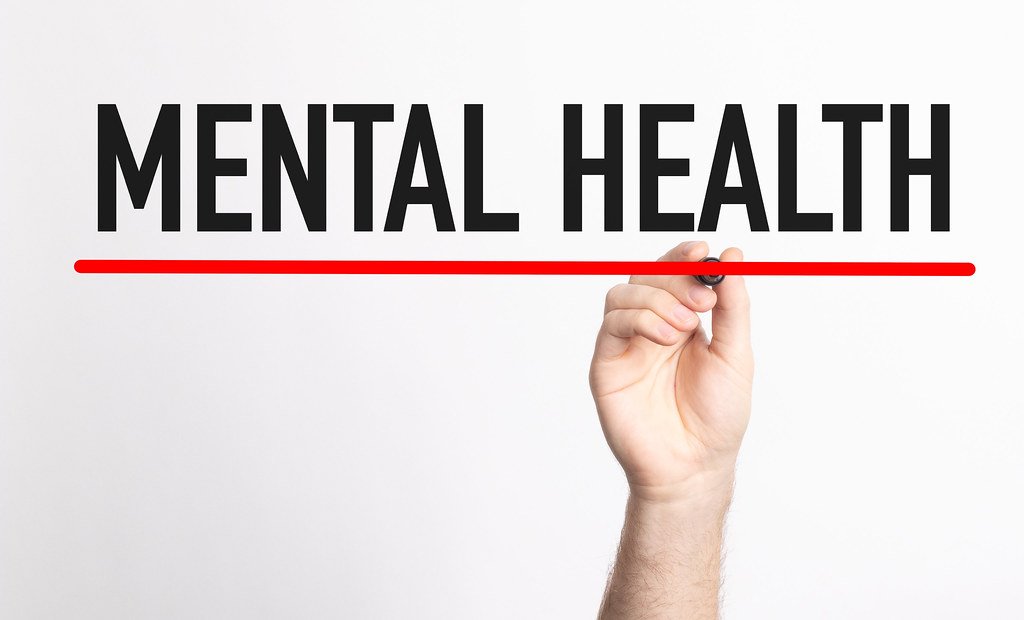Holiday Mental Health-Part I: The Basics
For many, the holiday season from Thanksgiving to the New Year is the most joyful time of year. Unfortunately, for others, the holidays are quite the opposite.
Whether dealing with the recent loss of a loved one or the loss of a loved one that occurred quite some time ago but around the holidays or not having the funds to purchase gifts for one’s children or dealing with family dissention or a mental illness or an entire host of other possible scenarios, the holidays can be a time of great stress, sadness, or other negative emotions.
In fact, a survey conducted by the National Alliance on Mental Illness (NAMI) showed 64% of people with mental illness report the holidays make their conditions worse.
As with any illness, whether physical or mental, prevention is key. Therefore, the best way to ward off descension of mental health during the holidays is to take some preventive steps before the decline starts to occur.
Again, as with any illness, the first step to treatment is to acknowledge the feelings, issues, and/or challenges.
Other tips for preventing a decline and maintaining mental health follow:
· Be realistic. Real life isn’t perfect, so don’t expect perfection out of yourself or others during the holidays.
· Identify triggers and plan ahead. This can help you adjust expectations of anticipated challenging situations and help you to make a plan to avoid or cope with those situations.
· Accept and acknowledge your needs and feelings. This goes along with being realistic. Everyone has challenges. They just might not be the same as yours or visible to an outsider looking in. So, be kind to yourself and don’t beat yourself up for having the challenges that trigger your negative emotions.
· Set boundaries and learn to say “no”. Limit exposure to challenging situations or people and don’t overextend yourself. This leads to feeling overwhelmed and can exacerbate mental health issues.
· Continue healthy habits daily. Get enough sleep, avoid alcohol and drugs and tobacco, eat well, exercise, and practice relaxation. All of these variables play into mental health and well-being.
· Prioritize self-care. Set aside time for yourself on a daily basis to be alone, if that helps you recharge. Schedule time for activities that bring you joy.
· Spend time in nature. Research shows this reduces stress and can improve mental health.
· Practice gratitude or volunteer. Writing down something you are thankful for on a daily basis or helping others out can help with feelings of isolation and can help when feeling blue.
· Seek or continue with support or therapy. Finding and working with a mental health professional who is a good fit for you can help manage challenging situations or seasons such as the holidays.

